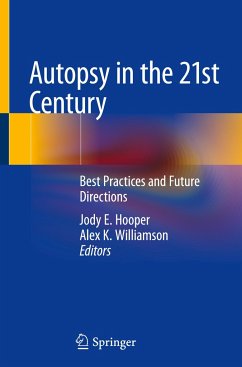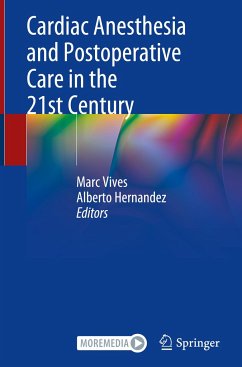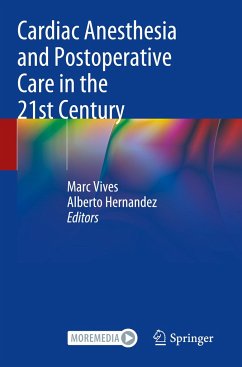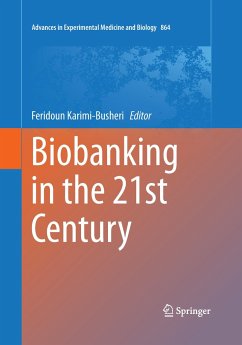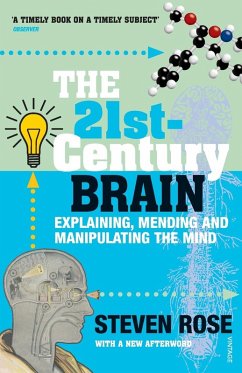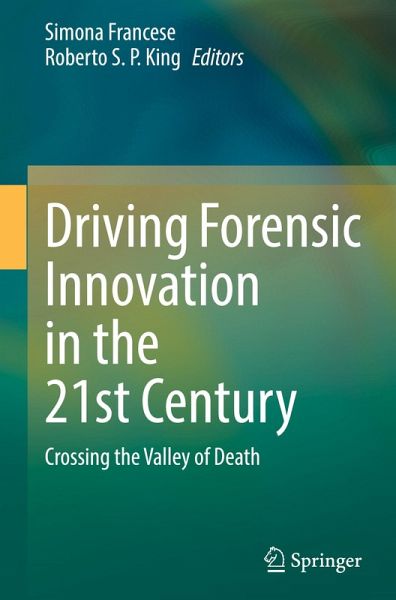
Driving Forensic Innovation in the 21st Century
Crossing the Valley of Death
Herausgegeben: Francese, Simona; S. P. King, Roberto

PAYBACK Punkte
49 °P sammeln!
This contributed volume offers a comprehensive and multifaceted understanding of the current forensic innovation, landscape, enablers, road blockers, and barriers to implementation. It also presents all aspects that need consideration to cross the valley of death between an idea and its successful implementation. It uniquely merges the technical and scientific aspects of some of the innovations that have been implemented across forensic science within the National and International landscape and with i) the necessary considerations to take into account on the road to success, such as business ...
This contributed volume offers a comprehensive and multifaceted understanding of the current forensic innovation, landscape, enablers, road blockers, and barriers to implementation. It also presents all aspects that need consideration to cross the valley of death between an idea and its successful implementation. It uniquely merges the technical and scientific aspects of some of the innovations that have been implemented across forensic science within the National and International landscape and with i) the necessary considerations to take into account on the road to success, such as business planning, data privacy, and legal and regulatory aspects, ii) the end-users perspective and iii) the industry perspective. Case studies illustrate "what success looks like" by discussing forensic innovations that have made it to the market and have subsequently impacted positively on criminal investigations. This book acts as a platform to facilitate the dialogue between key stakeholdersin driving innovation namely academia, industry, and end-users as well as indicating a roadmap to facilitate practical developments, whilst serving as a revolutionary springboard to initiate an innovation-transforming paradigm shift. This volume is a valuable contribution to the field and is of great interest to graduates and researchers engaged in forensic science, forensic service providers and manufacturers as well as policymakers.






